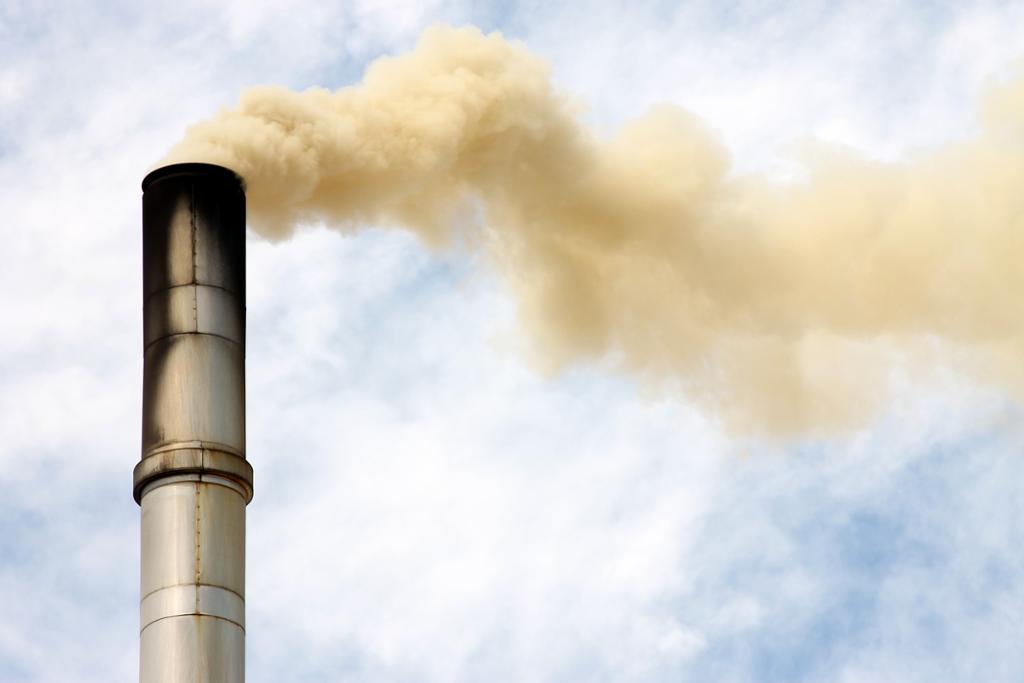Interdisciplinary Work: Climate Crisis

Climate change is an important issue, and you will already have learnt a lot about it in school. In this project we want you to use the knowledge and skills that you have acquired in a different subject at school, to make a presentation in English. Below you will find suggestions for subjects you may use as a starting point, and topics you may want to focus on. You may pick another subject and create your own topic. Make sure your subject/topic is approved by your English teacher.
You may want to invite the relevant subject teacher to your presentation. That way, you can get more comprehensive feedback on your work.
Make a presentation where you explain how maths is necessary to understand the climate crisis. Give examples to illustrate your talk. You could also make tasks to encourage audience participation.
Present statistics about the climate crisis and explain how they can be interpreted. Make tasks to encourage audience participation.
Useful link:
Make a presentation where you compare Norwegian and English words used to describe the climate crisis. Do we share the same terms? Are there any differences? Make tasks to encourage audience participation.
How does the Norwegian government approach climate change? Compare the government's official position on climate change with climate measures taken. Is Norway on a path to tackling climate change?
Useful link:
Use what you have learned in subjects like physics, chemistry, or biology to explain what the climate crisis is in scientific terms. Also account for the existing evidence that the climate crisis is man-made.
Can we prevent climate change by using science? Present a few attempts that have been made, and discuss whether or not they are likely to succeed.
Useful link:
Link to NASA Earth Observatory article about global warming (earthobservatory.nasa.gov)
Use maps, charts, and statistical materials to present evidence of climate change in the world today.
Describe the impact that climate change has had / will have on the natural and cultural landscape of a specific geographic location.
Useful links:
Link to GISGeography: maps about climate change (gisgeography.com)
Link to article on NASA's webpage: 'The Effects of Climate Change' (climate.nasa.gov)
Plogging: Jog for 30-45 minutes. Bring a bag to pick up litter as you jog. When you come back to school, weigh the litter and sort it into appropriate recycling bins.
Make a presentation where you note how much and what types of litter you found. Include an assessment of how much fossil fuels/non-renewable resources were used in the production of this litter.
Also consider what direct health benefits the plogging had and discuss whether there are any additional health benefits associated with cleaning up litter.
Will climate change affect our physical and/or mental health? Research this topic. You may want to study a specific country, compare a country with Norway, or study a group of people. Present your findings.
Useful links:
Link to article about plogging on the webpage for Globalplogging Inc. (goplogging.org)
Link to article about climate change and health on the WHO webpage (who.int)
Pick a society from your history curriculum, and compare the way they lived then with how we live now. Describe the changes that have occurred. What can we learn about taking care of nature from the way they lived?
Study a society from the history curriculum to find out how climate and natural conditions shaped the way they lived. (Consider building techniques, agriculture, social structure, etc.)
Discuss to what extent climate and natural conditions were significant factors in shaping this society. Were there other factors, such as religion and power structures, that were more important?
In light of what you find, discuss to what extent climate change is likely to change societies in the future.